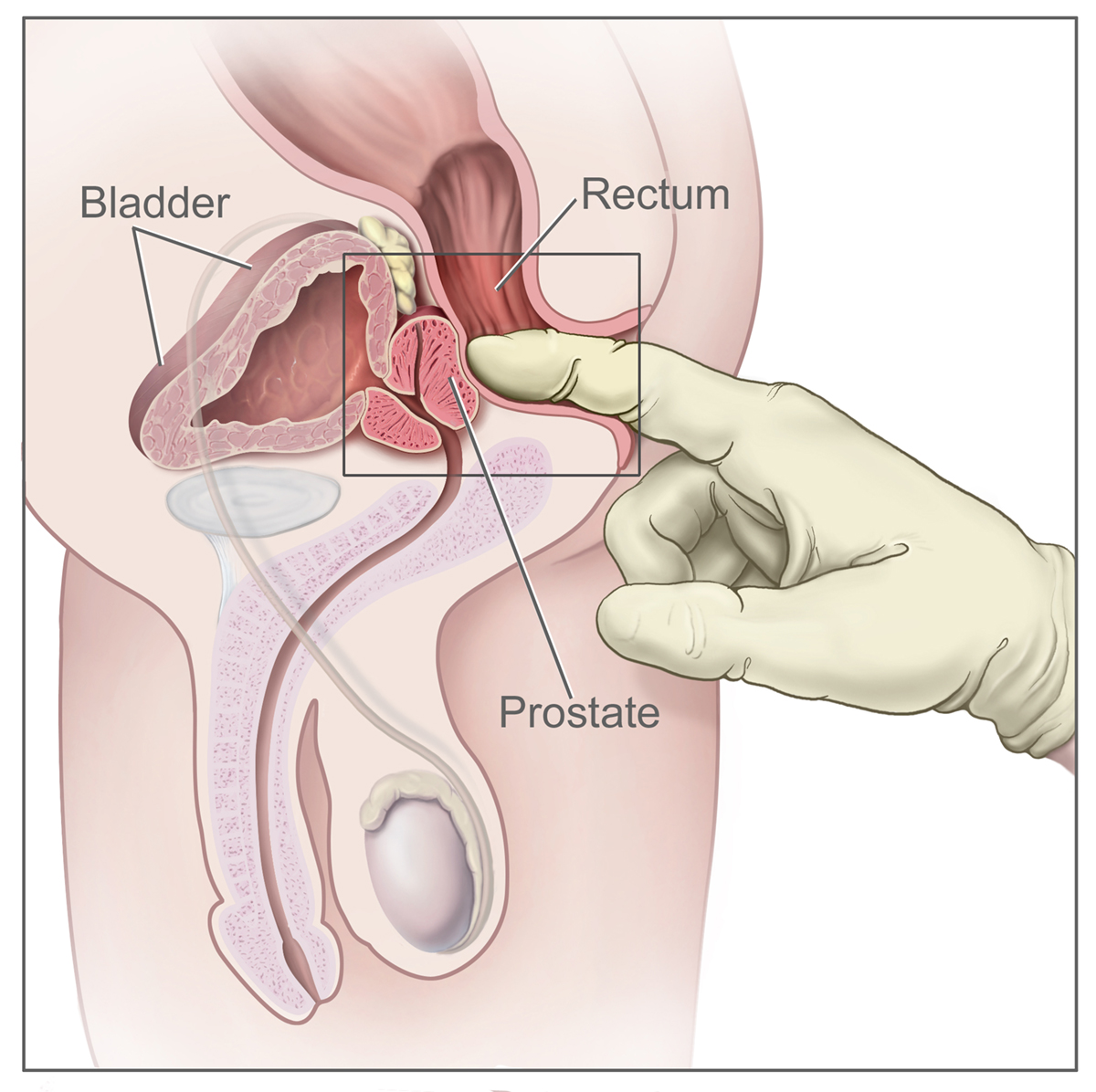
The rectum is the ending part of the large intestine and its main role is to take care of the body wastes until they are released from the body through the anus. Its wall consists of three parts, and they are mucosa, muscularis propria and mesorectum. Mucosa covers the inner part of the wall which contains glands that produce mucus in order to ease the passage of stool. Muscularis propria is the middle layer of the rectum wall and as its name might indicate, it is consisted of muscles that make sure that the rectum will be able to get rid of the stool. Finally mesorectum is the fatty tissue around it. Aside from this three-part wall the rectum also consists of lymph nodes. They are a part of any organ in the body and they affect the immune system as well as detect any potential virus or bacteria that can attack the body.
General overview of rectal cancer
Although it is not as talked about as some other types of cancer, rectal cancer is, in fact, quite frequent. The most widespread kind of rectal cancer is the so-called adenocarcinoma, which originates in the mucosa. If it is not caught and dealt with in time it can metastasize to the lymph nodes, as well as other body parts. Like in the case of any other kind of cancer the course of treatment for rectal cancer depends on the stage of the disease as well as other surrounding circumstances.
Causes of rectal cancer
The precise causes of rectal cancer are yet to be discovered, however, there are circumstances which make some people more likely to suffer from rectal cancer than others. One of these factors is age. Rectal cancer is noted to be much more frequent in people over 50 years of age, even though that is not always necessarily the case. Another thing that might make one more susceptible to rectal cancer is a history of bowel disorders. Whether it is a moderately serious disease, or the type of cancer affecting the bowel, bowel irregularities are proven to be the potential causes of rectal cancer. Finally, leading an unhealthy lifestyle, with an unhealthy diet abundant in fat and insufficient exercise most definitely makes a person rather prone to adenocarcinoma.
Symptoms of rectal cancer
Some of the most basic signs of rectal cancer include a significant change in bowel movements which is most likely to manifest itself through the lack it diarrhea bloody and narrow stool, stomach pain, bloating, cramps vomiting, and weariness as well as considerable weight loss.


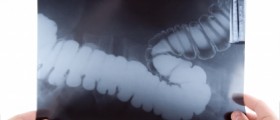
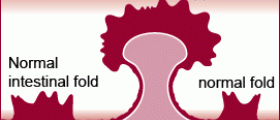


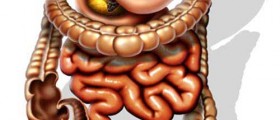



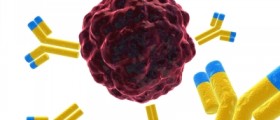


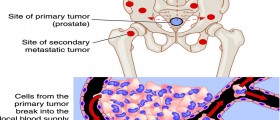



Your thoughts on this
Loading...